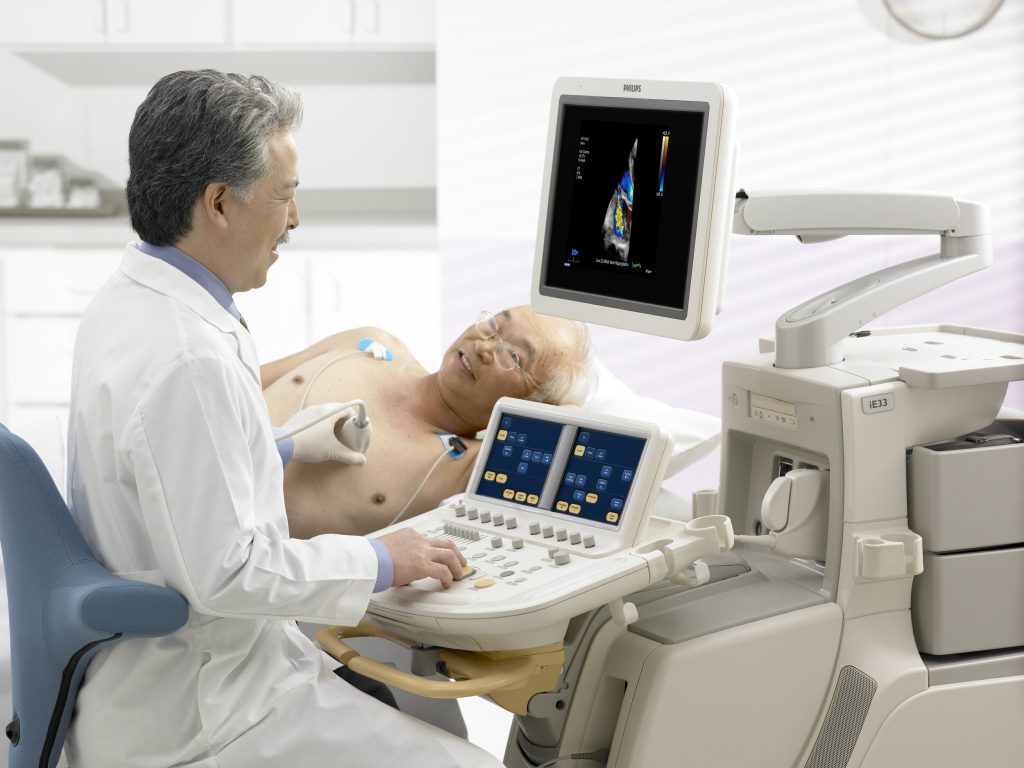Heart rhythm problems can go unnoticed for a long time, especially when symptoms come and go. Many people experience fluttering, skipped beats, or short episodes of dizziness without knowing what is causing them. Holter monitoring is a helpful tool used by doctors to understand what is happening with the heart when these signs appear.
What Is Holter Monitoring?
Holter monitoring is a way to record a person’s heartbeat over a period of time, usually for 24 to 48 hours. It involves a small, portable device that is connected to the chest using electrodes. The monitor keeps track of every beat, allowing doctors to study the pattern of the heart while a person goes about their daily activities.
Unlike standard ECG tests that only record for a few seconds, a Holter monitor works continuously. This is important because heart rhythm issues do not always occur at the exact time of a doctor’s visit. The monitor helps to catch irregularities that might otherwise be missed.
Why Is It Used?
Doctors use Holter monitors when a person has symptoms that suggest a rhythm problem, but tests done in a clinic or hospital do not show anything. These symptoms include:
-
Feeling faint or light-headed
-
Sudden pounding or racing heartbeat
-
Chest discomfort
-
Shortness of breath
Sometimes, people do not feel any symptoms at all, but their heart may still beat too slowly, too quickly, or in an uneven way. The Holter monitor provides a detailed report that helps doctors figure out what is going on and decide on the next steps.
What Can It Detect?
The monitor can pick up a number of different rhythm problems, including:
-
Atrial fibrillation: This is when the upper chambers of the heart beat in a disorganised way. It can lead to stroke if not treated.
-
Bradycardia: This is when the heart beats too slowly, which can cause tiredness or fainting.
-
Tachycardia: This is when the heart beats too fast, which may affect how well blood moves through the body.
-
Skipped or extra beats: These are common, but if they happen often, they may need treatment.
By understanding what type of rhythm problem is present, doctors can decide if medication, a pacemaker, or another treatment might be helpful.
Are you looking for radiology services?
Visit here: https://www.qldradiologyspecialists.com.au/radiology_services/ct-coronary-angiography/
How Is the Test Done?
The test is simple and does not require a hospital stay. The monitor is worn outside of clothes, and patients are asked to go about their normal routine. They are also given a diary to record any symptoms they feel, along with the time they occurred. This helps match the symptoms with what the monitor records.
There is no pain involved. The only requirement is to avoid showering or getting the device wet. Once the test is over, the monitor is returned to the clinic, and a doctor checks the data.
Who Needs Holter Monitoring?
Holter monitors are useful for people of all ages. Doctors may recommend the test if they suspect a problem with the heart’s rhythm or if someone has fainted without a clear reason. It can also be used to check how well treatments are working or to monitor a known condition.
Sometimes people do not experience obvious symptoms, but they may still have risks due to age or medical history. In these cases, regular monitoring can be helpful for early detection.
Finding the Right Clinic
It is important to choose a clinic that has proper equipment and trained staff to carry out the test and interpret the results correctly. Many local medical centres and cardiology clinics offer this service. If you search for holter monitoring near me, you can find places that are well-equipped to perform this test without needing to travel far. This can save time and help in starting treatment early if a problem is found.
The Role of Holter Monitoring in Long-Term Care
Sometimes, heart rhythm problems are part of a larger heart condition. In such cases, Holter monitoring is not just a one-time test but a regular part of managing the person’s health. It can be used over time to see how the condition changes and how the body responds to treatment.
This monitoring is also useful after surgery or when starting new medicines. It gives doctors a clear view of how the heart is reacting in real life, not just during a short clinic visit.
Important Facts to Know
-
Holter monitors can store more than 100,000 heartbeats in a day.
-
The test does not use any radiation.
-
It can detect problems that only happen while sleeping.
-
People with pacemakers may also use special Holter monitors to check how their devices are working.
Conclusion
Holter monitoring is an important test that helps doctors understand problems with the way the heart beats. It records your heart’s activity over time, allowing irregular patterns to be found even if they do not happen often. The test is safe, does not involve any needles or pain, and can be done while carrying out normal daily tasks.
If you or someone you know has experienced signs like dizziness, palpitations, or fainting, it may be time to ask your doctor if a Holter monitor is needed. Early detection plays a key role in managing many heart conditions and improving long-term health.





